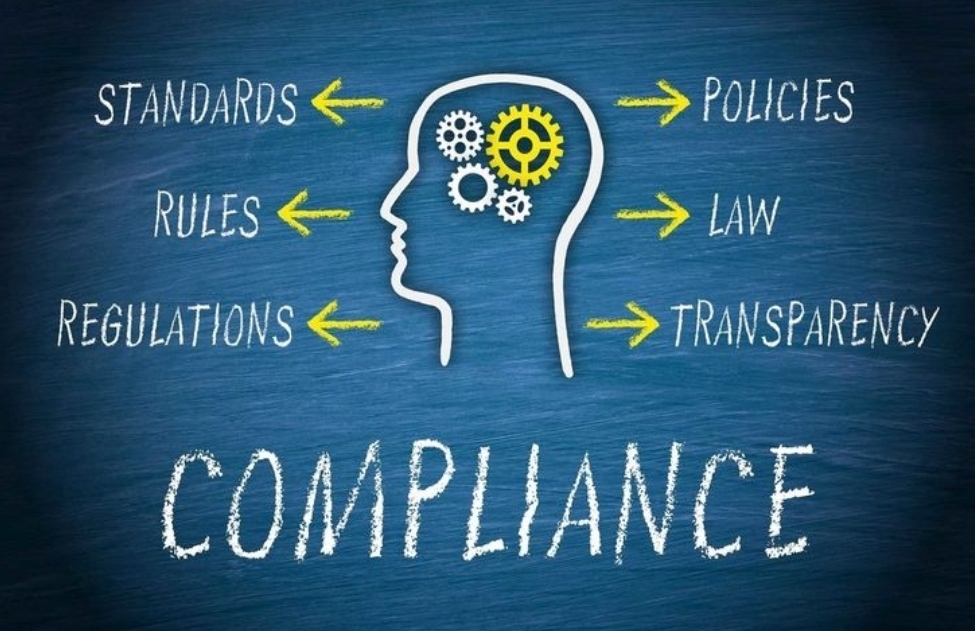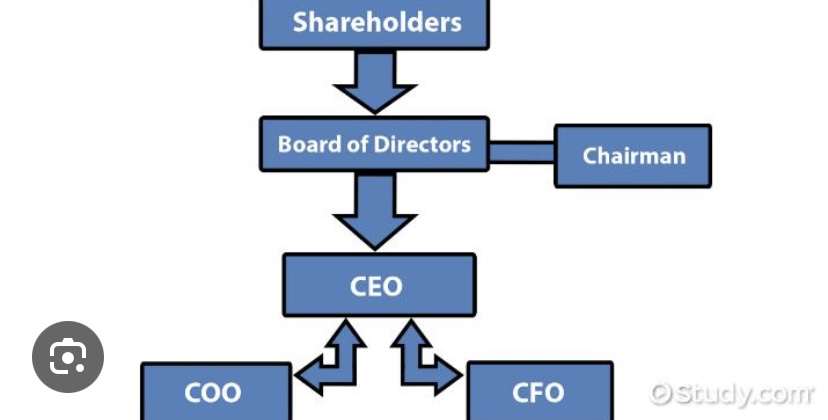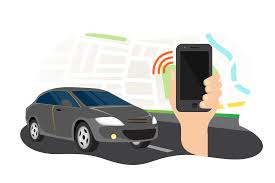
In Nigeria today, there are numerous business structures put in place to facilitate the establishment of business in Nigeria but before delving into the context of today's article, it is pertinent to give an appropriate definitions to the terms in the topic;
E-hailing: This refers to the process of ordering a car, taxi or any other mode of transportation by way of computer or mobile device.(iproject.com)
Startup: This is a young company founded to develop a unique product or service, bring it to the market and make it irresistible and irreplaceable for customers.
Having defined the above, it is pertinent to then do justice to the context of today's article. In answering the aforementioned, the best business structure that one should choose is to incorporate a limited liability company with the Corporate Affairs Commission (CAC). Also, a Tax Identification Number is required and such should be registered with the Federal Inland Revenue Service (FIRS).
However, for an e-hailing tech startup in Nigeria, the most suitable and advisable structure is usually a PRIVATE LIMITED LIABILITY COMPANY (Ltd).
According to study.com, A private limited company is owned by a small group of entities or individuals with strict control of the businesses. A private limited company is defined by the number of shareholders, the liability of owners, and trading stocks.
In Lagos State for example, According to the AMENDED REGULATION FOR ON-LINE HAILING BUSINESS AND TAXICAB OPERATION IN LAGOS STATE, 2023, there are two categories under which an e-hailing business can be established in Lagos State. However before such business can be established, the intending company must get a taxicab license. The provision of the aforementioned states that;
“The Taxicab License shall be the authority to operate a Taxi services(For either of the two categories)”
LEGAL REQUIREMENTS AND REGULATIONS STARTUPS SHOULD COMPLY WITH.
BUSINESS REGULATIONS:
The foundational step for establishing a technology development in Nigeria is to basically register such business with the Corporate Affairs Commission (CAC). The CAC is the regulatory body responsible for business registration in the country.
TAX REGISTRATION AND COMPLIANCE:
Once the business is registered and intellectual property protected, the next step is to obtain a Tax Identification Number (TIN) from the Federal Inland Revenue Service (FIRS)
The TIN is responsible for tax compliance, and technology development firms are subject to corporate income tax. Additionally, value-added tax (VAT) may apply to certain transactions, and understanding these tax obligations is crucial for smooth operations.
INTELLECTUAL PROPERTY PROTECTION:
The hear of any technology development firms lies in Intellectual property (IP). Protecting innovations through parents, trademarks, and copyrights is essential for safeguarding the firms competitive edge, and the body tasked with the registration and protecting is the Nigeria Copyright Commission (NCC).
SECTOR-SPECIFIC REGULATIONS:
Different tech sectors require different specific regulations to guide them. Due to the dynamics of each industries, it is crucial to conduct thorough research to identify and adhere to those requirements.
Additional legal requirements;
1. Anti-Money Laundering (AML) and Know Your Customer (KYC).
2. National Information Technology Development Agency (NITDA) Guidelines.
3. Nigerian Communications Commission (NCC) Regulations.
4. Federal Road Safety Corps (FRSC) Regulations.
5. State and Local Government Regulations
6. Consumer Protection Council (CPC). Guidelines.
7. Tax Laws and Regulations.
HOW STARTUPS CAN PROTECT INTELLECTUAL PROPERTY IN NIGERIA. (jgcg.com)
A registered trademark gives the startup owner right to an action for any infringement with its trademark. Under the Trademarks Act, the trademark has to be registered with the Trademarks Registry. rotecting IP is a sacrosanct key for Startups to ascertain that their innovations and creations are legally protected. In ensuring the aforementioned, the following strategies can be employed;
1. Conduct a thorough IP Audit and Register your IP:
2. Maintain Confidentiality.
3. Develop an IP strategy
4. Educate your Team.
5. Stay informed
6. Seek professional advice.
In Nigeria, the various forms of IP rights that can be protected include;
1. Trademarks
2. Copyrights
3. Trade secrets
4. Parents and Designs.
Protective Intellectual Property considerations by Startups in Nigeria can help fortify and enhance their long-term business success. For example, an invention or in this context, an e-hailing service can be protected by the aforementioned.
POTENTIAL RISKS OF OPERATING STARTUPs IN NIGERIA.
Considering the dynamics of Startups in Nigeria entrepreneurs often battle with myriad of challenges on their pursuit towards success. Amongst which are;
1. Funding and Access to capital: This is one of the major hurdle for Startups in Nigeria. Inadequate source of finances poses potential risk for the operation of such company.
2. Regulatory compliance
3. Inadequate access to information
4. Inadequate infrastructure
5. Security
6. Competitive risk.
7. Reputation risk.
8. High operating cost.
9. Currency risk.
10. Market risk, etc.
NECESSARY LICENSES AND PERMITS REQUIRED TO OPERATE AN E-HAILING SERVICE IN NIGERIA.
1. For Lagos State, Guidelines for Online Hailing Business Operation of Taxi.
2. Tax Identification Number (TIN).
3. Value Added Tax (VAT) Registration, etc.
Conclusively, in a bid for further enlightenment, this writer recommends the following if startups were to be considered in Nigeria;
1. Consult with legal experts for advice.
2. Conduct thorough market research and analyst.
3. Develop a detailed business plan.
4. Establish strong partnerships with stakeholders.
5. Continuously monitor and adapt to regulatory changes.
Relatively, starting an e-hailing tech startup in Nigeria requires careful planning, compliance, and strategic decision-making. With proper attention to the regulations and potential risk and possible ways to combat them, your company although new will definitely thrive in Nigeria's growing e-hailing market.




















































